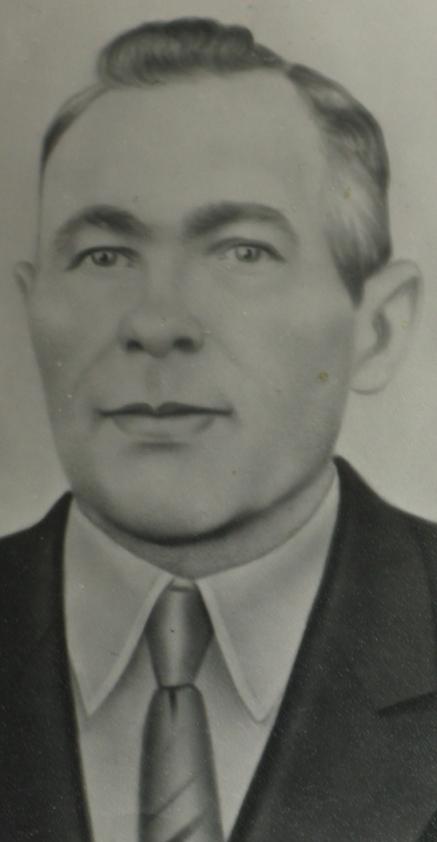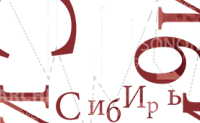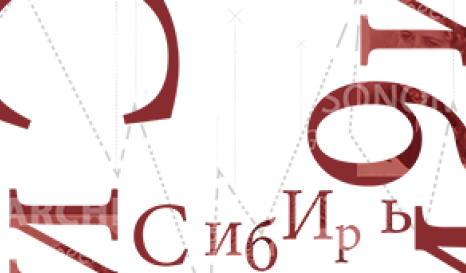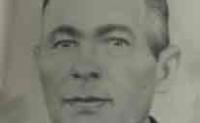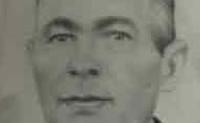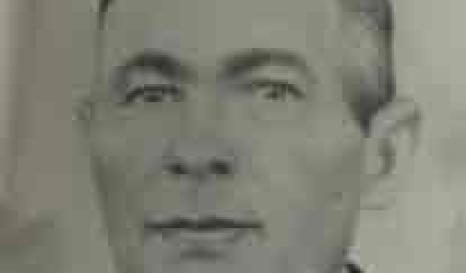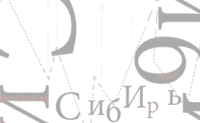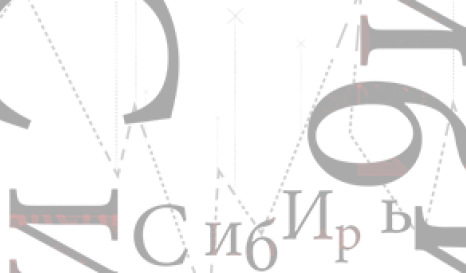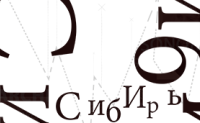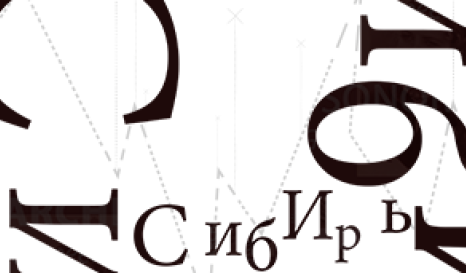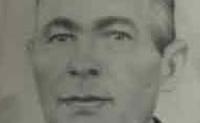BioGraphy
Vitas BATURAITIS
Vitas Batūraitis was born in 1936 in the village of Kazliškiai in Lithuania. Vitas, his mother and sister and his father, a farm mechanic from the Minsk region, were deported in 1946. His elder brother, born in 1922, had previously been arrested for assisting the opponents of Sovietisation and imprisoned in a camp at Magadan, which was the reason given for deporting the whole family. At the time of their deportation, family members thought it was due to that arrest. In the 2000s, Vitas found out that they had been deported after being informed on by a friend. They were sent to Zhigalovsky District.
When they arrived, they shared a small house with another family. After attempting to escape in 1948, they stayed there. Vitas’s father worked as work brigade leader, joiner and then mechanic. As a result of this work, the Batūraitis family bought a house. Bonds of solidarity and mutual support were formed. The deportees held parties together. Vita made friends with other children, both Russian and Lithuanian. In that village, the Lithuanian deportees lived alongside deportees from Ukraine. All of them saw themselves as being punished as kulaks (rich peasants). His father died in exile.
Vitas Batūraitis was released and rehabilitated in 1958, but could not afford to return to Lithuania, where he had nowhere to live. Other Lithuanians did return and he was one of those who organised their leaving parties. His sister settled in Vilnius. His brother, released the same year from the Magadan camp, returned to Lithuania. Vitas stayed and started work as a tractor driver in the village of Kachen’. He could not take his studies any further until the 1960s, when he went to night school and then a technical school in Irkutsk. In 1960, he moved to Bratsk to help build the hydro-electric station. In the early 1960s, he visited Lithuania and then attempted to settle there, but the house the family had owned was not returned to them.
The interview with Vitas Baturaitis was conducted in 2009 by Emilia Koustova and Larissa Salakhova.


